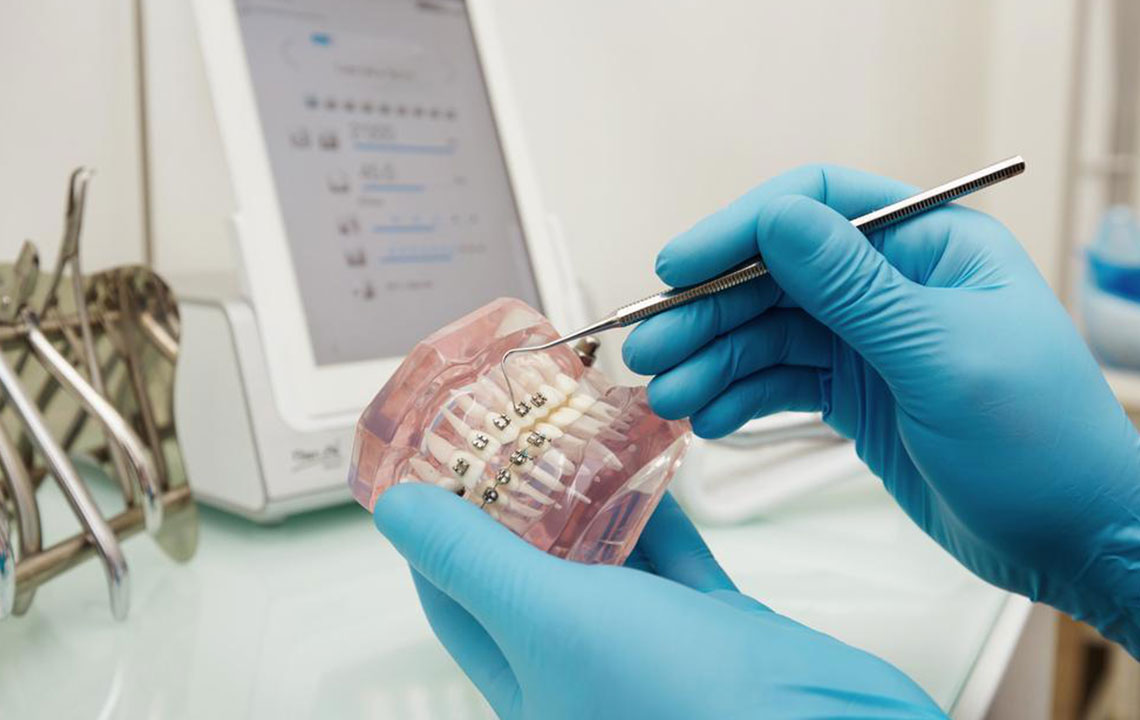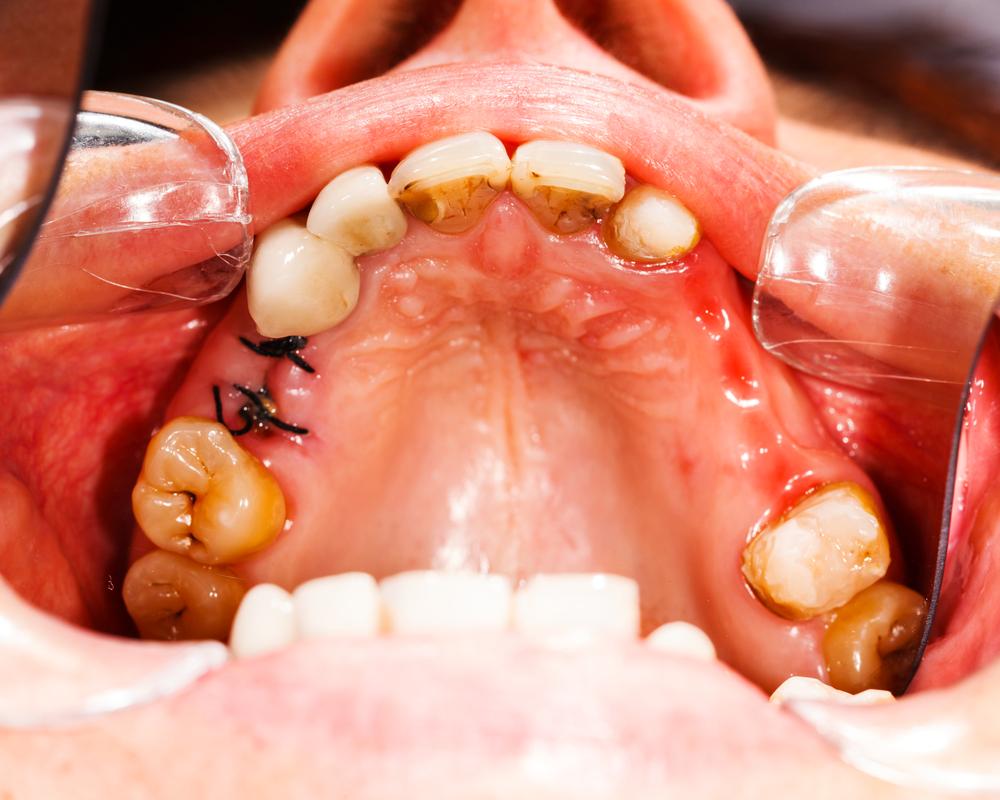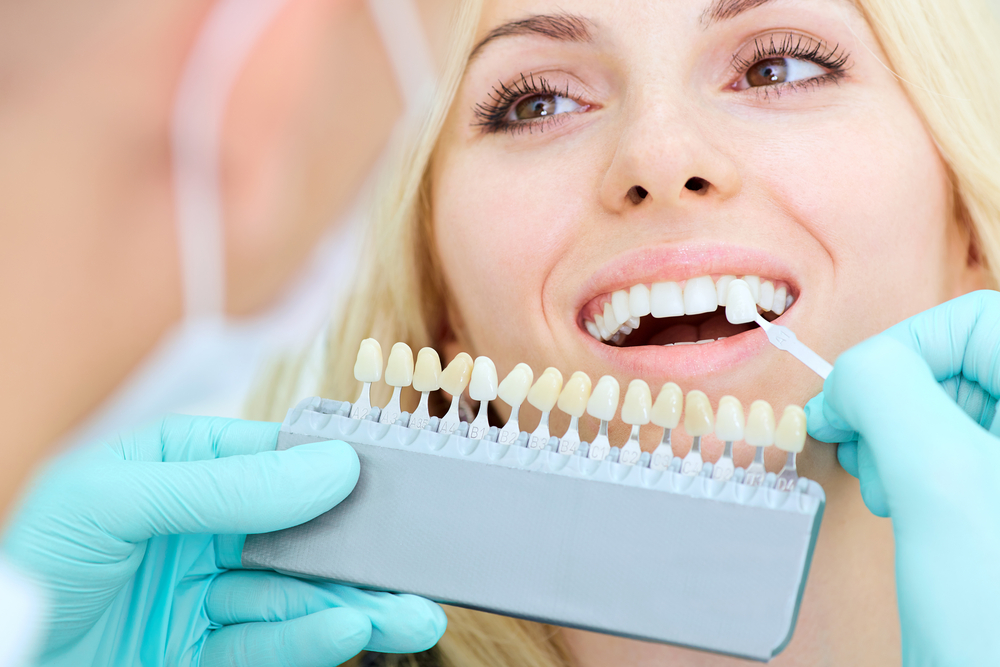Comprehensive Guide to Wisdom Teeth: Symptoms, Risks, and Care
This comprehensive guide covers everything about wisdom teeth, including their development, common issues, signs of eruption, and treatment options like extraction. It emphasizes the importance of timely dental consultation to prevent complications such as infections and jaw damage. Understanding wisdom teeth can help individuals make informed decisions about their oral health and seek professional care when needed.

Comprehensive Guide to Wisdom Teeth: Symptoms, Risks, and Care
Usually beginning in early adolescence, the transition from baby teeth to adult teeth marks an important developmental stage. The earliest to appear are the central incisors, followed by lateral incisors, then molars. By around age 13, most individuals have all their permanent teeth except for the wisdom teeth. These third molars typically emerge between ages 17 and 25. Some people develop all four without issues, while others may only develop one or two. It's unpredictable whether wisdom teeth will cause problems or grow painlessly.
Wisdom teeth often pose problems if there isn't enough room in the jaw to accommodate them. Impacted or partially erupted wisdom teeth can lead to pain, swelling, infection, and inflammation.
Potential issues in wisdom teeth development
While wisdom teeth do not serve a vital purpose, they can provide additional molar functionality for grinding food. However, some individuals have insufficient jaw space, which can hinder proper emergence. This may be linked to dietary factors, such as a diet low in vitamin K2 or limited breastfeeding in infancy, as well as modern soft food consumption affecting jaw development.
Properly aligned wisdom teeth with healthy gum tissue typically do not pose problems. However, their emergence signs include pain at the back of the mouth, swollen gums, or visible cuts. Sometimes, pain radiates to the ears due to pressure as the tooth tries to erupt upward, squeezing surrounding areas and causing discomfort.
anyone experiencing pain or swelling related to wisdom teeth should see a dentist promptly. Impacted teeth can develop cysts or tumors, damaging jawbone and neighboring teeth, which complicate treatment and increase costs. Extraction is often recommended; this straightforward procedure usually allows patients to recover and return home the same day.
Important Notice:
This article offers only general informational content regarding symptoms, treatments, and dental health. It should not replace professional medical advice. Always consult licensed healthcare providers for diagnosis and treatment options tailored to your specific condition.










